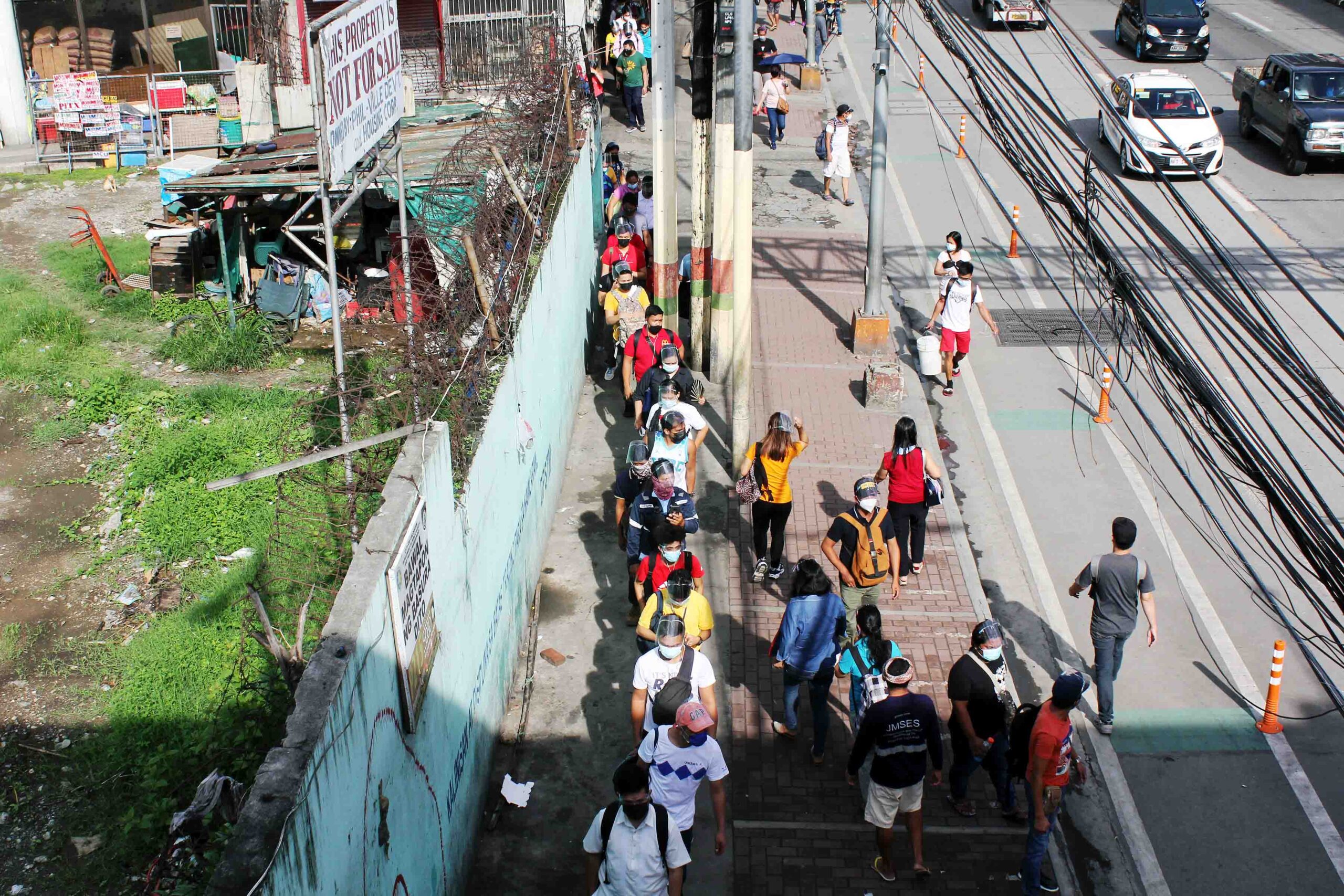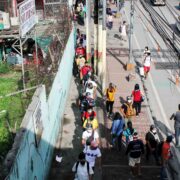
THE Philippines has landed at the bottom of safest countries in the world this year, according to an international business magazine.
In the ranking published Tuesday, July 6, Global Finance took into account three fundamental factors in evaluating 134 countries: war and peace, personal security, and natural disaster risk including the unique risk factors stemming from COVID-19.
“Each of these factors was based on 2020 reports that were done in 2021. In order to make sure the data is relevant to current experiences, the Covid-19 scores were derived from data as of May 30, 2021,” it said in a summary of its World’s Safest Countries 2021 report.
“In essence, a country’s overall score is made up of one-half fundamental factors, one-third COVID-19 deaths per capita, and one-sixth COVID vaccination per capita,” it added.
The Philippines ranked 134th with a score of 14.8999.
“Countries with serious civil conflict that have high risks from a natural disaster such as the Philippines, Nigeria, Yemen, and El Salvador all reported relatively low death tolls from COVID-19, yet performed poorly in terms of safety overall,” said Global Finance.
As of this writing, the death toll in the Philippines due to COVID-19 stood at 25,720.
Joining the country at the bottom of the list were Bosnia and Herzegovina, Nigeria, Guatemala, and Colombia.
Meanwhile, Iceland topped the list with a score of 3.9724. It was followed by the United Arab Emirates, Qatar, Singapore, Finland, Mongolia, Norway, Denmark, Canada, and New Zealand.
‘One view out of many’
In response to Global Finance’s ranking, Malacañang said it was “one among many varied points of view.”
“While it is given that the Philippines is prone to natural hazards owing to its geographical location in the Pacific rim as well as due to climate change, our disaster management system continues to improve. The Filipino people are also growing more resilient and adaptive,” said presidential spokesperson Harry Roque.
As for the “war and peace” factor of the ranking, the spokesman pointed out that the country is not at war.
“We are not at war, and since the start of the strict implementation of community quarantine in March 2020, there was a significant decline in crimes per the Philippine National Police,” Roque said.
He also maintained that the majority of Filipinos expressed satisfaction with the government’s COVID-19 response.
“It is noteworthy to mention that 86 percent of Filipinos are satisfied with the Duterte Administration’s handling of the COVID-19 pandemic, as shown by Pulse Asia December 2020 survey,” Roque said.
“In addition, we are on track in achieving our target of population protection in Metro Manila and surrounding provinces by November this year as long as the supply of vaccines remains stable,” he added.
As of July 7, a total of 12,489,777 COVID-19 vaccine doses have been administered in the country, according to data from the National Covid-19 Vaccination Operations Center.
“Our COVID-19 mortality rate remains one of the lowest at 1.76%, as of July 8, 2021,” noted Roque.
“We are therefore optimistic that things would be better with more and more people get vaccinated, coupled with our strict implementation of Prevention-Detection-Isolation-Treatment-and Reintegration (PDITR) Strategy,” he added.






